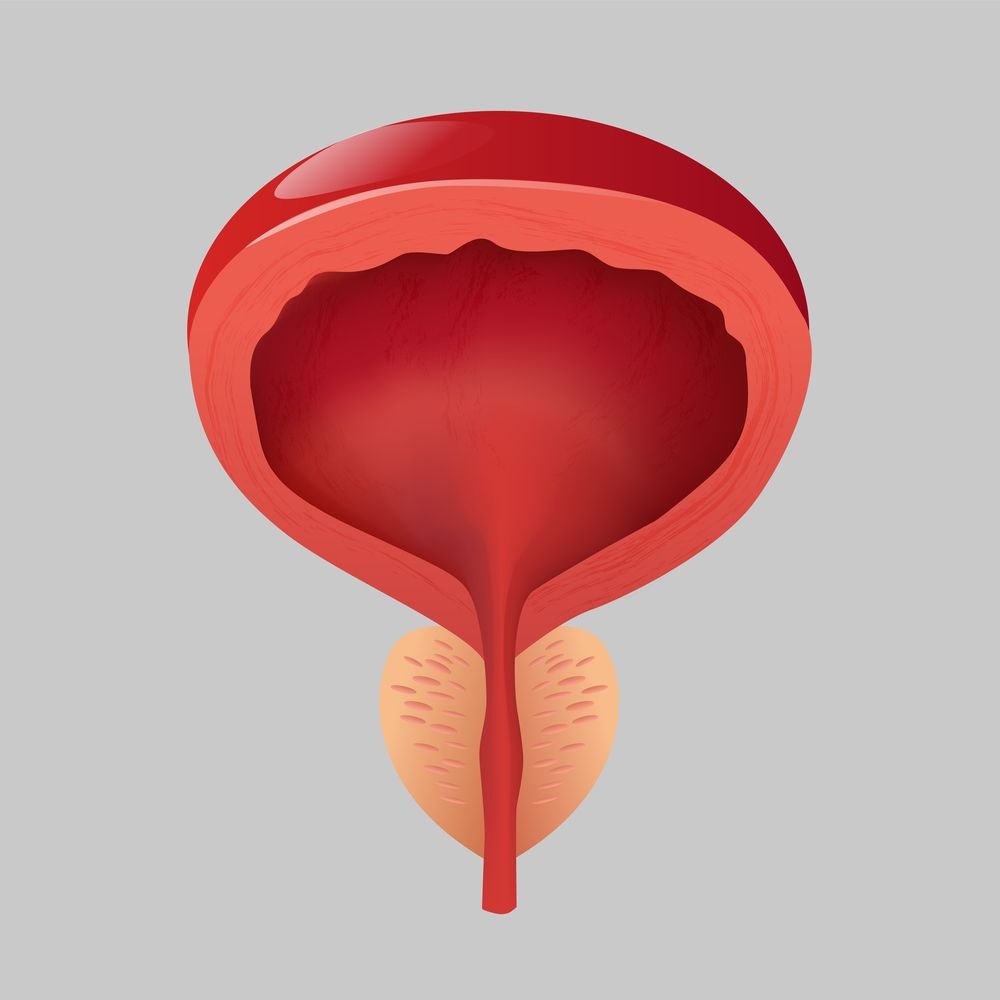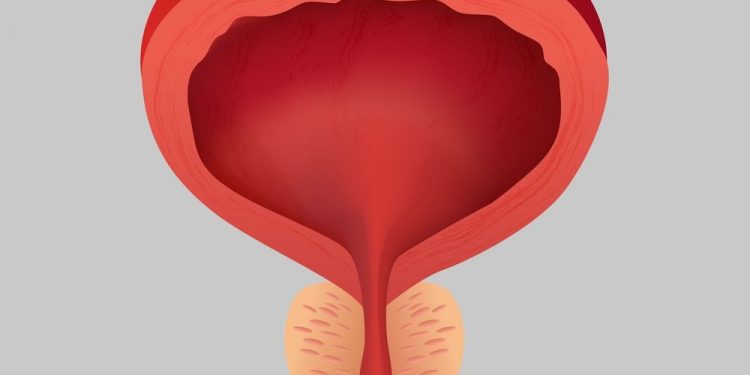Men often think that age brings on balding and weight gain, but another problem many older men have to deal with is prostate gland enlargement. This is a natural process called benign prostatic hyperplasia (BPH) and doesn’t cause cancer, but it can still be troublesome. In fact, BPH affects more men than balding or prostate cancer and is one of the most common health problems older men face.
The prostate is a small gland that is located in the pelvis, between the penis and bladder. Its job is to add fluid to sperm before ejaculation, but it can also grow, and this can lead to symptoms like difficult urinating, or even urinary incontinence.
BPH is a very common condition, but the good news is that it usually does not require treatment. However, if your symptoms are bothersome, your doctor may recommend treatment. If you are having mild to moderate symptoms, your GP may simply recommend changes in your lifestyle and regular monitoring. These measures include avoiding foods high in fat, salt and sugar and exercising regularly. In some cases, a drug called tamsulosin or alfuzosin is prescribed to reduce the size of your prostate and improve symptoms. These medications act by blocking the effects of testosterone, a male hormone, on the prostate.
If your symptoms are more severe, your GP may refer you to a specialist in conditions that affect the prostate, known as a urologist. The urologist will review your medical history and do a physical exam, including a digital rectal examination, where they will insert a gloved finger into the rectum to feel the edges of the prostate and measure its size. They will then ask you to complete a questionnaire to assess the severity of your symptoms.

During the digital rectal examination, the healthcare provider will also check for signs of inflammation or cancer. The urologist may also test your urine for signs of infection or use a blood test to measure the levels of a protein called prostate-specific antigen (PSA), which is made by the prostate gland.
Some things that may help to prevent BPH include eating a balanced diet and taking supplements that contain plant-based oils such as flaxseed, pumpkin seed oil and pygeum africanum extract. These supplements may have the added benefit of lowering cholesterol and maintaining normal blood pressure and blood sugar.
The exact cause of BPH is not known, but it happens mainly in middle-aged and older men. Some people are more likely to develop it than others, such as those who have a family history of it or have had their testicles removed before puberty. Other risk factors include a sedentary lifestyle, having a large family, being overweight, and using certain drugs that increase your risk of urinary tract infections such as antibiotics. If you have a healthy prostate and don’t have any bothersome symptoms, your doctor may recommend that you simply watch it, which is called “watchful waiting”. You will be monitored closely with regular appointments.









